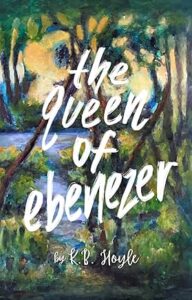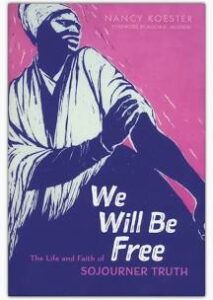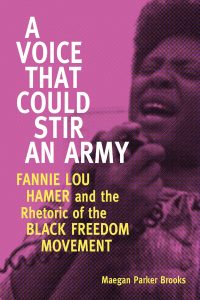 Summary: Two academics with pastoral experience process the potential help that Critical Race Theory can bring to the church.
Summary: Two academics with pastoral experience process the potential help that Critical Race Theory can bring to the church.
If you are “very online” and active on social media, you likely have encountered discussions about Critical Race Theory. Similarly, if you are active in local school board meetings, you have likely seen community comments about the dangers of critical race theory in education. If this is true for you, you likely already know Christopher Rufo’s work opposing CRT, which seems to have prompted Trump’s executive order on CRT. And it is even more likely that you are aware of Rufo’s tweets where he is explicit about rebranding CRT. One of those tweets says, “The goal is to have the public read something crazy in the newspaper and immediately think “critical race theory.” We have decodified the term and will recodify it to annex the entire range of cultural constructions that are unpopular with Americans.”
Rufo was late to the concern about CRT. Christians like Neil Shenvi started raising concerns about the related but different Critical Theory more than two years earlier, which resulted in a resolution from the SBC around Critical Race Theory and Intersectionality in 2019. And all of this was following the backlash to the increasing interest in addressing racism within the Evangelical Christian world. In 2018, The Gospel Coalition and the SBC public policy arm, the Ethics and Religious Liberty Commission, jointly hosted the MLK50 Conference on the 50th anniversary of the assassination of Martin Luther King Jr. This was closely followed by the Together for the Gospel Conference (T4G) giving significant time on the program to addressing racism, like this talk by Ligon Duncan.
Looking back, it appears that 2018 was the high point of the Evangelical church’s willingness to speak publicly about race, and since that time, race has become a more complex topic to address publicly. However, even the 2018 conferences were too late because a month before the MLK50, the New York Times had an influential article about the Black exodus from predominately white Evangelical churches and institutions following the overwhelming support of Donald Trump by White Evangelicals.
This is probably too long of an introduction, but I think the context is essential to how I am reading Christianity and Critical Race Theory. I am no one important, but I have been involved in discussions around racial issues and the evangelical church for a long time. And I was active in those early online discussions about Critical Race Theory. I watched MLK50 and took my (then) three and four-year-old kids to the 50th anniversary of MLK’s funeral in Atlanta. I spent years trying to get my predominately white church to more directly address racial issues more and have small groups and training on race. (I have been leading a small group that started as a Be the Bridge Group and continued for several years.) I have read books and articles by Derrick Bell, Richard Delgado, Kimberle Crenshaw, and others.
I think many will not come with my background in Christianity and Critical Race Theory, and I can’t read the book as if I did not have the background that I do. Christianity and Critical Race Theory’s authors are particularly well positioned to write this book. Robert Chao Romero and Jeff Liou are both pastors. Both of them have an academic background that is relevant to the book. Romero has a Law degree and Ph.D. and is a Chicano/a and Central American Studies professor at UCLA. Jeff Liou is the director of theological formation for Intervarsity Christian Fellowship and is a professor of Christian Ethics with a background in political theology, race, and justice. These authors are Christian Evangelical insiders with academic backgrounds involved in Critical Race Theory long before the recent interest. Romero has a good history of Latino Theology published by Intervarsity. And Liou’s position with Intervarsity also shows his insider status.
Read more
 Summary: Beatrice tries to understand this kingdom that she has awoken to.
Summary: Beatrice tries to understand this kingdom that she has awoken to. 







